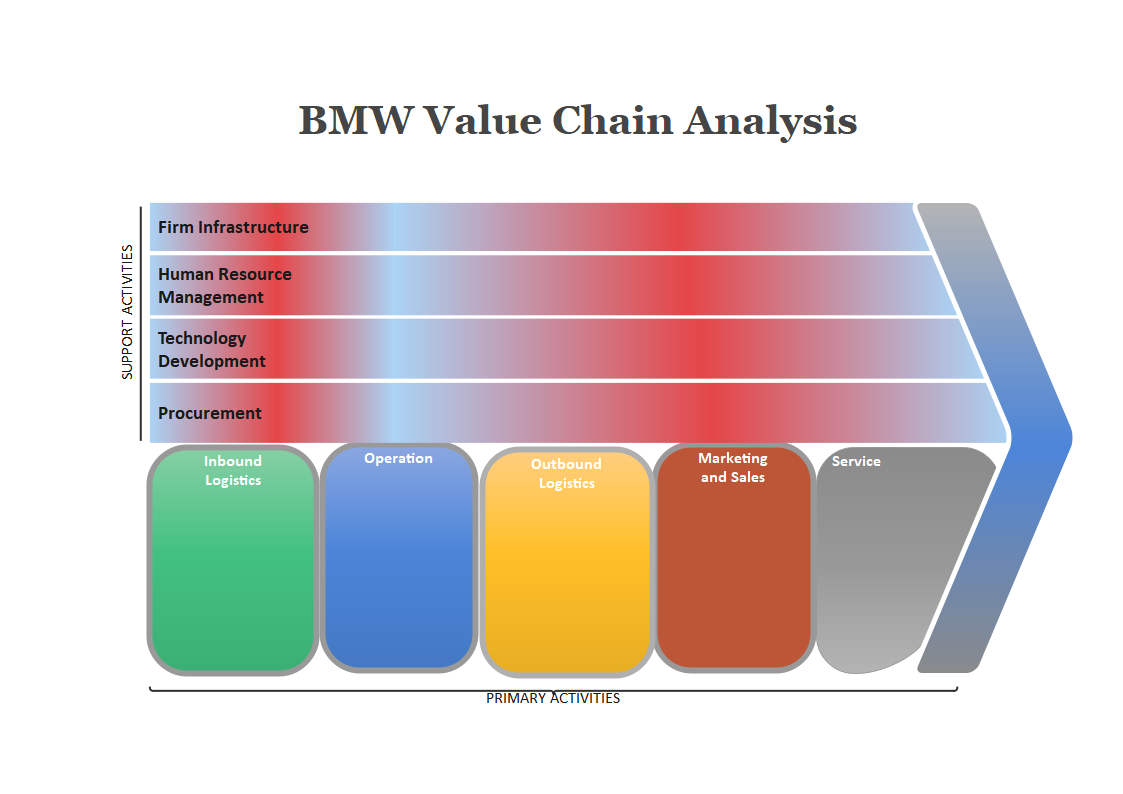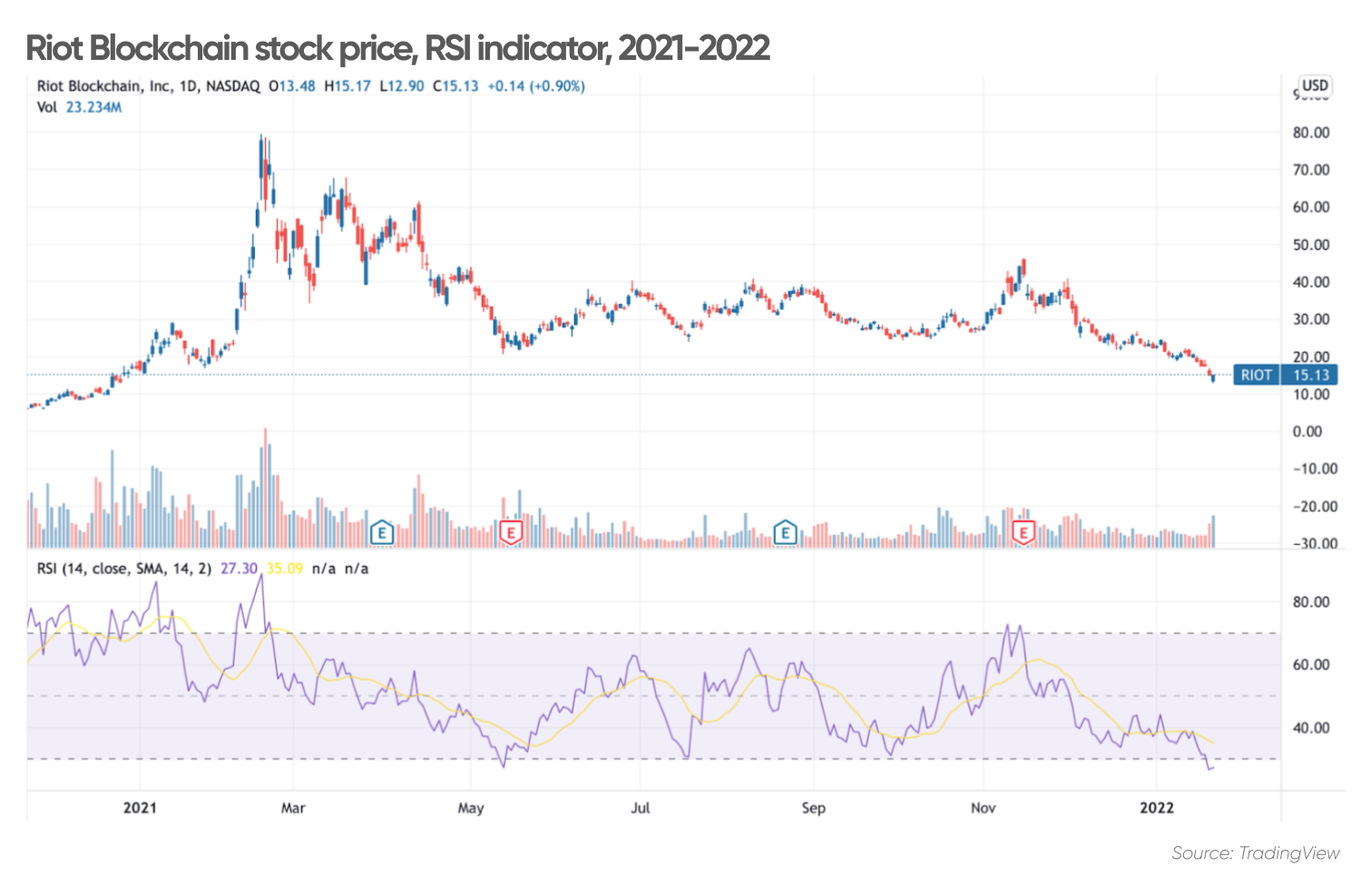China's Impact On BMW And Porsche Sales: Market Analysis And Future Outlook

Table of Contents
The Rise of China as a Luxury Car Market
The explosive growth of China's luxury car market is a phenomenon reshaping the global automotive landscape. Several key drivers have fueled this expansion, creating a lucrative market for brands like BMW and Porsche.
Growth Drivers
- Rising Disposable Incomes: China's burgeoning middle class boasts significantly increased disposable incomes, allowing more individuals to afford premium vehicles. This demographic shift has been a primary catalyst for luxury car sales growth, with annual growth rates exceeding global averages in recent years.
- Aspirational Lifestyle Changes: Owning a luxury car is increasingly viewed as a symbol of success and status in China, driving demand for premium brands. This aspirational element is further fueled by strong social media influence and celebrity endorsements.
- Increased Urbanization: The ongoing urbanization process in China has led to a concentration of wealth in major cities, creating a dense market for high-end vehicles. Improved infrastructure and a growing need for personal transportation in urban areas also contribute to this trend.
- Government Policies: While some regulations impact the market (discussed later), government policies have indirectly supported the growth by fostering economic development and improving infrastructure, making luxury car ownership more accessible.
- A Young, Affluent Demographic: China's young population, many of whom are entering high-earning professions, represents a significant consumer base for luxury brands. This demographic's tech-savviness and openness to new experiences also presents unique marketing opportunities.
BMW's Position in the Chinese Market
BMW has established a strong presence in China, consistently ranking among the top luxury car sellers. Their success is attributed to a blend of factors: a diverse model range appealing to various consumer segments, aggressive marketing campaigns tailored to the Chinese market, and a robust dealership network. Popular models like the BMW 5 Series and X5 have consistently performed well, reflecting a strong brand recognition and preference.
Porsche's Success Story in China
Porsche's success in China is equally remarkable, demonstrating the brand's ability to resonate with a discerning consumer base. The brand's image of exclusivity and high performance aligns well with the aspirations of affluent Chinese consumers. Models like the Cayenne SUV and the 911 sports car enjoy significant popularity, showcasing the brand's strength in different segments of the luxury market. Porsche's focused marketing strategies, highlighting heritage and driving experience, further cement its appeal.
Challenges Faced by BMW and Porsche in the Chinese Market
Despite the significant growth opportunities, BMW and Porsche face several challenges in navigating the complexities of the Chinese market.
Competition
- Electric Vehicle (EV) Competition: The rapid growth of the EV sector in China presents a significant challenge. Domestic brands are aggressively pushing EVs, often at competitive price points, putting pressure on traditional combustion engine models.
- Increasing Pressure from Local Chinese Brands: Local brands are becoming increasingly sophisticated, offering premium features and competitive pricing, thus narrowing the gap with established international players.
- Price Wars: Intense competition often leads to price wars, potentially impacting profit margins for BMW and Porsche.
- Evolving Preferences of Chinese Consumers: Consumer preferences are dynamic, with a growing emphasis on technology, connectivity, and sustainable transportation options.
Economic Factors
- Trade Wars: Geopolitical uncertainties and potential trade disputes can significantly influence consumer confidence and impact luxury car sales.
- Government Regulations: Changes in government regulations, such as emission standards and import tariffs, can directly affect operational costs and market accessibility.
- Economic Uncertainties: Economic slowdowns or fluctuations in the Chinese economy can directly impact consumer spending on luxury goods, including high-end automobiles.
Regulatory Landscape
The regulatory landscape in China is constantly evolving, influencing the operational environment for international automakers. Stringent emission standards, increasingly stricter safety regulations, and import tariffs all contribute to the challenges faced by BMW and Porsche. Navigating these regulations effectively is crucial for sustained success in the Chinese market.
Future Outlook and Strategic Adaptations
To maintain their competitive edge, BMW and Porsche are adopting strategic adaptations to address the challenges and capitalize on future opportunities.
EV Adoption and Investment
Both brands are heavily investing in electric vehicles and related technologies to meet the increasing demand for sustainable transportation in China. This includes the launch of new EV models, advancements in battery technology, and investment in charging infrastructure. Government incentives for EV adoption further stimulate this shift.
Localization Strategies
Localization is key to success in the Chinese market. This involves tailoring models to suit specific preferences, designing targeted marketing campaigns that resonate with local culture, establishing robust dealership networks, and providing exceptional after-sales service.
Predicting Future Sales
Predicting future sales with certainty is difficult, but considering the ongoing growth of China's economy and the increasing purchasing power of its population, the long-term outlook remains positive for both BMW and Porsche. However, successful navigation of the challenges discussed above, particularly in the EV sector and addressing evolving consumer preferences, will be crucial for maintaining market share and achieving continued growth.
Conclusion
China's impact on BMW and Porsche sales is profound and multifaceted. While the market presents immense growth potential, it also presents substantial challenges. The success of these luxury brands in China hinges on their ability to adapt to evolving consumer preferences, navigate the complex regulatory landscape, and effectively compete in the rapidly growing EV market. Understanding China's impact on BMW and Porsche sales is crucial for anyone interested in the future of the luxury automotive industry, so stay informed about the evolving market dynamics.

Featured Posts
-
 Understanding The Recent Decline In Riot Platforms Riot Stock Price
May 03, 2025
Understanding The Recent Decline In Riot Platforms Riot Stock Price
May 03, 2025 -
 Ryujinx Emulator Project Ends After Reported Nintendo Intervention
May 03, 2025
Ryujinx Emulator Project Ends After Reported Nintendo Intervention
May 03, 2025 -
 Wednesday April 16 2025 Lotto Numbers
May 03, 2025
Wednesday April 16 2025 Lotto Numbers
May 03, 2025 -
 Rupert Lowe To Sue Nigel Farage For Defamation
May 03, 2025
Rupert Lowe To Sue Nigel Farage For Defamation
May 03, 2025 -
 Exclusive Reveal A Lister Seeks Invitation To Melissa Gorgas Home
May 03, 2025
Exclusive Reveal A Lister Seeks Invitation To Melissa Gorgas Home
May 03, 2025
